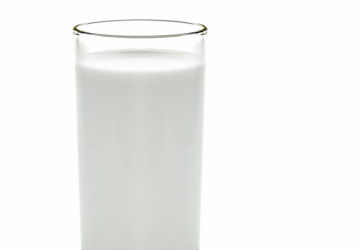 If you listen to the food scolds at the Center for Science in the Public Interest (CSPI), adding some salt to your food is essentially mainlining cocaine. Michael Jacobson, the group’s president, has called salt the “deadly white powder you already snort” and has long campaigned against it (as has NYC Mayor Bloomberg). Food scolds demanded that the national health authorities reduce the sodium allowance (salt is, of course, sodium chloride) by one-third, and a committee of the never-unhappy-to-scold Institute of Medicine (the authors of the “Social Engineer’s Manifesto” from last year) investigated if that would be a good idea.
If you listen to the food scolds at the Center for Science in the Public Interest (CSPI), adding some salt to your food is essentially mainlining cocaine. Michael Jacobson, the group’s president, has called salt the “deadly white powder you already snort” and has long campaigned against it (as has NYC Mayor Bloomberg). Food scolds demanded that the national health authorities reduce the sodium allowance (salt is, of course, sodium chloride) by one-third, and a committee of the never-unhappy-to-scold Institute of Medicine (the authors of the “Social Engineer’s Manifesto” from last year) investigated if that would be a good idea.
Given the source, it’s remarkable that the IOM team acknowledged that redoubling the anti-salt crusade wouldn’t help. Instead, the team found based on new, more rigorous evidence that people should aim for the 2,300 milligrams of sodium per day currently recommended by the Dietary Guidelines for Americans for people not at risk. The team members noted that there simply isn’t any evidence that on a population level making everybody eat less than that amount of sodium actually helps anyone be healthier.
The New York Times quotes a University of Pennsylvania professor who says, “As you go below the 2,300 mark, there is an absence of data in terms of benefit and there begin to be suggestions in subgroup populations about potential harms.” So, not only are excessive reductions in salt not helpful for the population, they might hurt some people.
So much for a cocaine-like “deadly white powder.” The lesson on salt, like so many other food issues, is moderation, not prohibition, is key.




